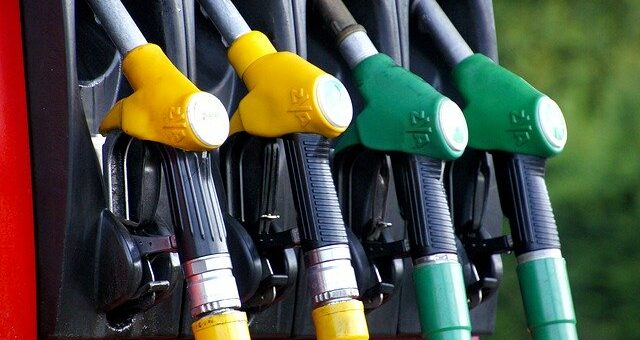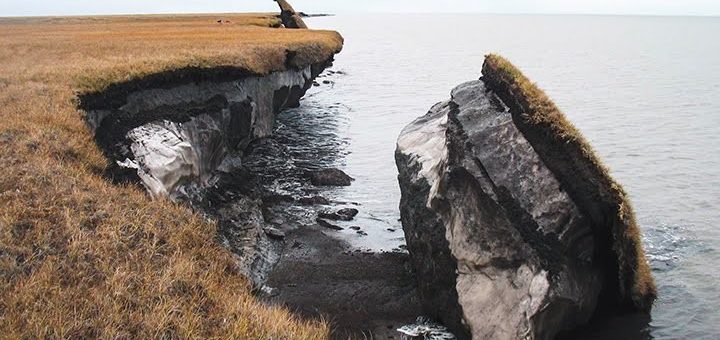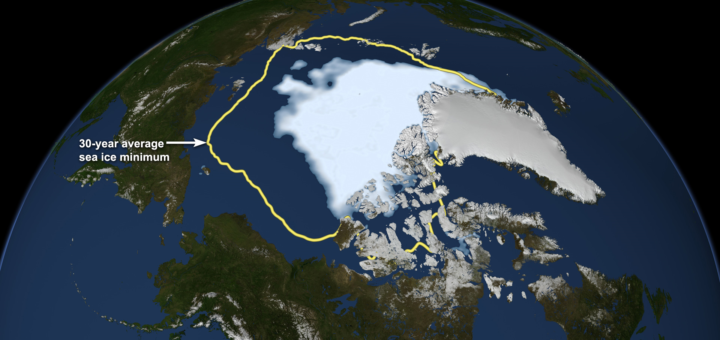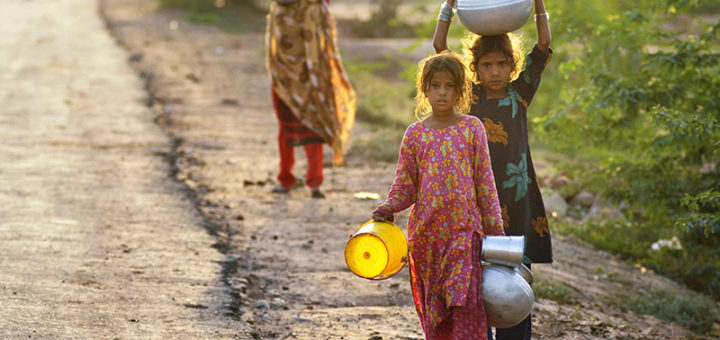Advancing Climate Innovation with SummarAIser for Knowledge Management In the face of an accelerating climate crisis, the ability to harness and share research effectively is critical to fostering impactful solutions. […]
Other
EU- funded DEEDS project gives recommendations on Research and Innovation (R&I) aimed at decarbonisation of the EU economy and society and are relevant to the EU Green Deal.
Biomass and its demand are growing for multiple uses, such as food for humans and livestock, biofuels, and biomaterials. So, the competition for the biomass itself, as well as that for the natural and socio-economic resources required for its production, is expected to worsen. The assessment of biofuels as an innovation has shown to be a complex issue and difficult to address with conventional modelling approaches for the following reasons explained in this post.
Permafrost occupies 24% of the Northern Hemisphere’s land surface and is warming faster than the global average, thus melting permafrost: which has significant implications for efforts to control climate change. Quantities of organic carbon become available: permafrost contains twice as much carbon as in the atmosphere. The presence of permafrost carbon requires that the reduction of fossil fuel and industrial CO2 emissions needs to be greater and occur earlier.
Arctic sea ice decline in recent decades is one of the most visible indicators of global warming. The sea-ice albedo feedback is an essential impact of sea ice melt, which amplifies Arctic temperature change. In this study, an optimal path for fossil fuel and industrial CO2 emission reduction is sought. Devoting more resources to mitigation implies a decrease in consumption and investment, implying a loss in net welfare.
The poorest people still struggle to have access to sanitation and clean energy. However, as incomes rise in developing countries, access to electricity, clean cooking energy, water, and sanitation, also improves but not as quickly as income growth. The United Nations Sustainable Development Goals (SDGs) aim to achieve universal access to clean energy, water, and sanitation by 2030. This study highlights the challenges of achieving SDGs, but also points to policy directions that could help.





